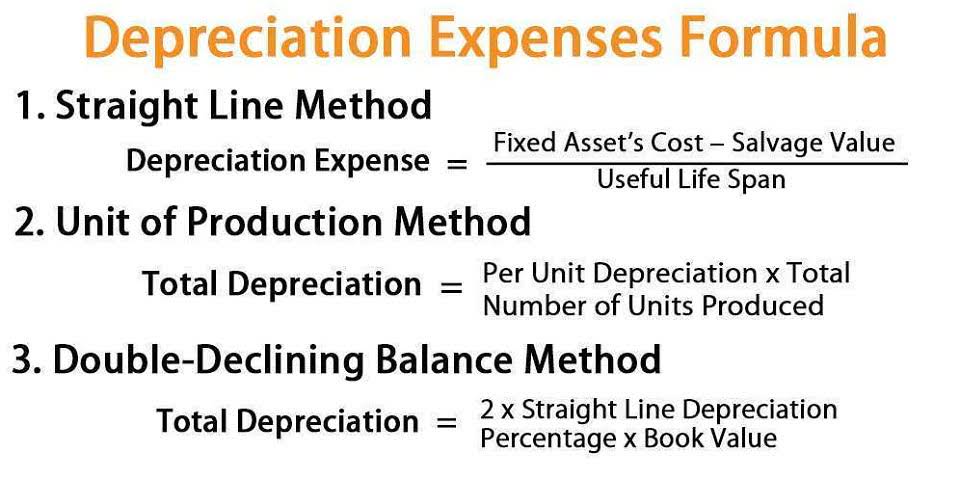
In accounting, KPIs can include financial ratios, such as profitability, liquidity, and efficiency. So, with the above discussion, it is clear that accounting is a discipline, just like other disciplines, whereas accountancy is a profession that involves financial reporting and analysis of business activities. Accountancy is the set of concepts, principles, techniques, and rules that constitutes the framework of accounting. Also, accountancy entails complete knowledge of accounting which includes both conceptual understanding of the subject and practical application as to the maintenance of books of accounts. Accounting is a discipline based on varied terms, rules, principles, and standards which are required to be followed.
What Types of Careers Are in the Accounting Field?

The articles and research support materials available on this site are educational and are not intended to be investment or tax advice. All such information is provided solely for convenience purposes only and all users thereof should be guided accordingly. If an event has a financial implication for a business unit, it must make a record of such an event.
What is the simplest accounting software?

These tasks are handled by the billing clerk, payables clerk, cashier, and payroll clerk, respectively. The work performed by accountants is at the heart of modern financial markets. Without accounting, investors would be unable to rely on timely or accurate financial information, and companies’ executives would lack the transparency needed to manage risks or plan projects.
- XBRL is a standardized language for electronic business and financial data communication.
- It’s virtually impossible to deliver any of these if you don’t have an accounting system in place.
- For example, the current ratio compares the amount of current assets with current liabilities to determine how likely a company is going to be able to meet short-term debt obligations.
- Accounting information exposes your company’s financial performance; it tells whether you’re making a profit or just running into losses at the end of the day.
- The statement of cash flows complements the income statement and balance sheet in assessing a company’s financial performance.
The objectives and characteristics of financial reporting

It provides quantitative information concerning the economic activities of the enterprise that plays an important role in the decision-making process. An accountant is a professionally qualified person who performs accounting functions, i.e. preparing and maintaining accurate financial records of the enterprise. Classification means statement setting out for a period where all the similar transactions relating to a person, a thing, expense, or any other subject are groped accountancy meaning together under appropriate heads of accounts. Trade creditors, bankers and other lending institutions would like to be satisfied that they will be paid on time. Banks and other lending agencies rely heavily upon accounting statements for determining the acceptability of a loan application. Creative accounting is nothing but the manipulation of the operating results and financial position of the company, of course, within the confines (limits) of the accounting standards.
- GAAP is a set of standards and principles designed to improve the comparability and consistency of financial reporting across industries.
- Net Income is often used to calculate important financial ratios and assess overall financial performance.
- Accounting is the interpretation and presentation of that financial data, including aspects such as tax returns, auditing and analyzing performance.
- This is, therefore, an important aspect of the accounting process; without it, records would have limited, if any, value.
- The entire purpose of financial accounting is to prepare financial statements, which are used by a variety of groups and often required as part of agreements with the preparing company.
- While there are no laws enforcing these standards, most lenders and business partners in the United States will require that you adhere to GAAP.
Qualitative Characteristics of Accounting Information
- It reflects the company’s ability to meet short-term obligations and finance day-to-day operations.
- To accountants, the two most important characteristics of useful information are relevance and reliability.
- Keeping up with your accounting helps you stay on top of your business finances.
- Julia Kagan is a financial/consumer journalist and former senior editor, personal finance, of Investopedia.
- The accountant may work in a large company’s accounting department or an external accounting firm.
- The managerial control is achieved by analyzing in money terms the departures from the planned activities and by taking corrective measures to improve the situation in future.
It also shows the company’s financial position (in terms of assets, liabilities, and proprietor’s interest) at the end of the period. In addition, quantitative data are now supplemented with precise verbal descriptions of business goals and activities. In the United States, for example, publicly traded companies are required to furnish a document commonly identified as “management’s discussion and analysis” as part of the annual report to shareholders.
Assistance to Management
However, accounting plays a key role in the strategic planning, growth, and compliance requirements of a company. Tax accountants overseeing returns in the United States rely on guidance from the Internal Revenue Service. Federal tax returns must comply with tax guidance outlined by the Internal Revenue Code (IRC).

- Remember to continue expanding your knowledge and staying up-to-date with the evolving practices and standards in the accounting industry.
- The last part of the definition from the AICPA shown above is concerned with the interpretation of the results made available by accounting records and summaries.
- For example, the balance sheet reports assets and liabilities while the income statement reports revenues and expenses.
- A transaction is any business dealing or activity in which a business unit (or a person) is involved that causes a change in its financial position (e.g., purchase or sale of goods).
- The management of such business are more concerned with the accounting information because they are answerable to the owners.
- It involves calculating and processing employee compensation, tax withholdings, and other payroll-related deductions.

